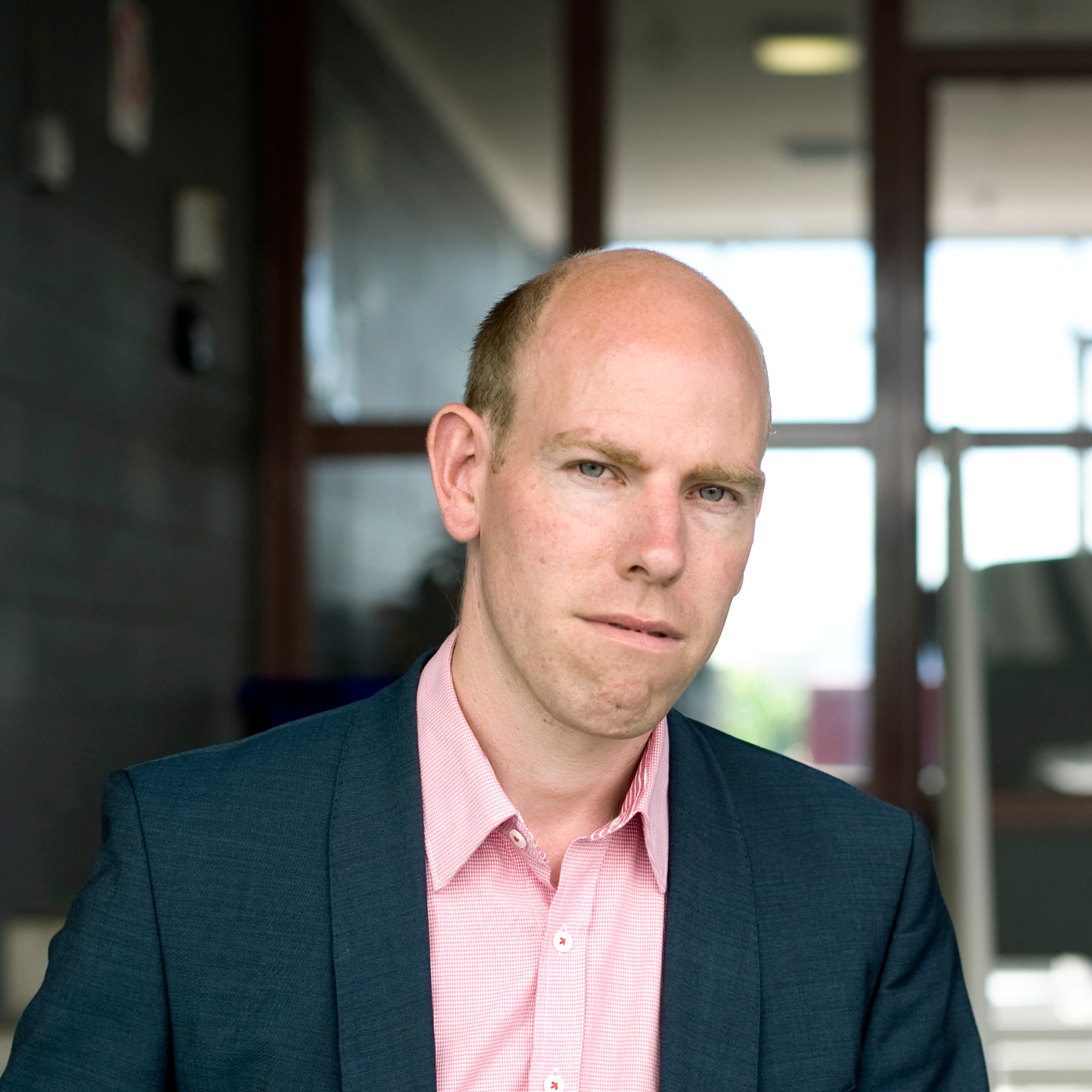The Human Voice/La Voix Humaine
New Zealand Opera
Until 3 November (Wellington), then Taupo and Auckland (until 12 November)
A woman enters a hotel room, bearing a bottle of wine. Pills sit on the sideboard. Then the phone rings, and its sound is like an electrical current sent racing through the room, upending everything.
This is the setting for The Human Voice, the English-language adaptation of Francis Poulenc and Jean Cocteau’s one-act, 45-minute solo opera La Voix Humaine. Composed in 1958, the opera explores the aftermath of a devastating relationship breakup, channelled through the phone conversations an essentially anonymous woman – known only as ‘Elle’, the French word for ‘she’ – shares with her former lover. We never see or hear him directly; all we get is her side of the conversation.
And what a conversation it is. Elle is in an emotional downward spiral, always waiting for her ex-lover’s call, hanging on his every word, unable to truly grasp the end of the relationship. Both her mobile and the hotel phone suffer from dropped connections and crossed wires. Her words cover a vast emotional territory, much of it shrouded in darkness.
The Human Voice is an unavoidably intimate experience, especially in this production. Three rows of wooden chairs accommodate a small audience at one end of a smart though anonymous Ohtel room, all beige tones and modern fittings. Elle, performed here by Amanda Atlas (sharing the role with Fiona McAndrew), is at times literally centimetres away as she paces the room, sprawls desperately on the bed, runs a bath.
All performances implicate their audience in some way or another, but here one feels drawn in, forced to take a position, like never before. Following hard on the heels of the successful Festival performances of Eight Songs for a Mad King, this production showcases director Thomas de Mallet Burgess’s commitment to smaller site-specific works alongside the big-stage blockbusters.
Much, of course, hinges on Atlas’s performance as Elle – and it is exceptionally good. Her portrayal of a woman in distress is finely nuanced, resisting any tendency towards melodrama. It is a portrait full of nuance, Elle’s constant self-deprecation sitting side-by-side with emotionally manipulative gestures. Atlas’s sinewy voice is also beautifully suited to the role, the musical writing of which emphasises recitative-style passages and small, terse intervals. The rare moments of melodic richness and forte singing are all the more effective as contrasts. In the background, pianist David Kelly provides the jagged, unsettling accompaniment to Elle’s emotional turmoil.
In the end, The Human Voice is a performance rich in irony. Elle lives for her lover’s voice, but she cannot have the real, in-person thing, just a phoneline simulacrum, and one that is being constantly interrupted and cut off. His voice sustains her, but it is an artificial suspension, and the opera hints that their conversation is suppressing her own voice in painfully literal ways. She is in limbo, neither able to retrieve the past nor move forward; and we cannot but hear her pain.



 Martin LeFevre - Meditations: Animal Encounters During Meditative States
Martin LeFevre - Meditations: Animal Encounters During Meditative States Ian Powell: Gisborne Hospital Senior Doctors Strike Highlights Important Health System Issues
Ian Powell: Gisborne Hospital Senior Doctors Strike Highlights Important Health System Issues Keith Rankin: Who, Neither Politician Nor Monarch, Executed 100,000 Civilians In A Single Night?
Keith Rankin: Who, Neither Politician Nor Monarch, Executed 100,000 Civilians In A Single Night? Eugene Doyle: Writing In The Time Of Genocide
Eugene Doyle: Writing In The Time Of Genocide Gordon Campbell: On Wealth Taxes And Capital Flight
Gordon Campbell: On Wealth Taxes And Capital Flight Ian Powell: Why New Zealand Should Recognise Palestine
Ian Powell: Why New Zealand Should Recognise Palestine